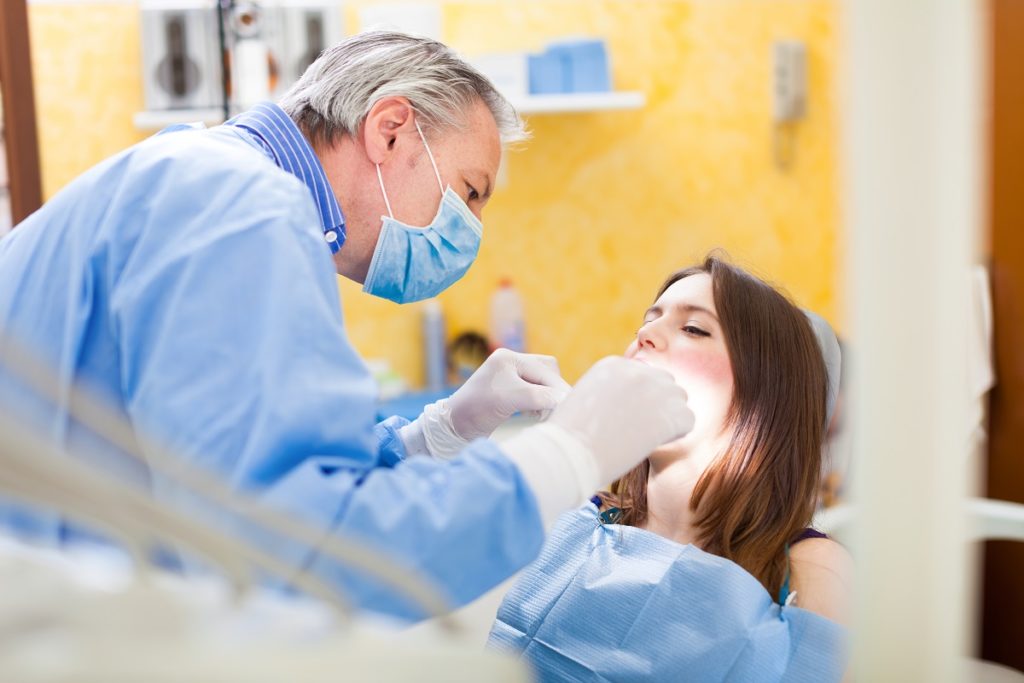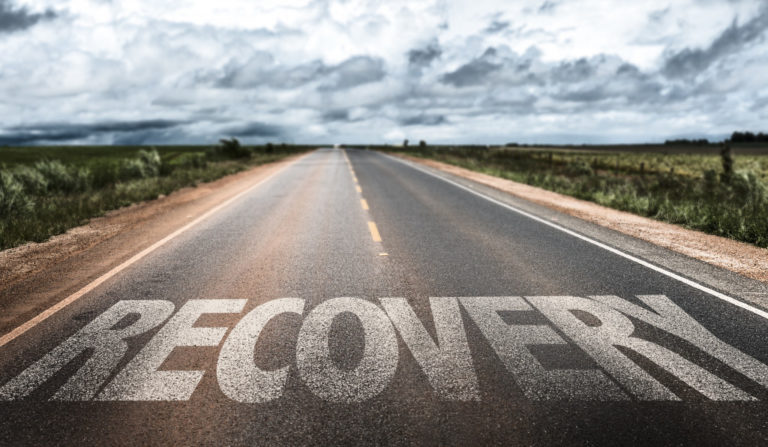The coronavirus (COVID-19) disease has rapidly escalated into a global pandemic, leading to a worldwide health crisis. Since the first few months of 2020, the pandemic has challenged the healthcare system and has encouraged various responses worldwide.
While all healthcare systems are on high alert, dental practices around the world were temporarily canceled or postponed, except for those cases that require urgent care. While only a few dental clinics were allowed to operate, they can only prioritize emergency cases, and dental professionals and staff are required to follow safety guidelines and wearing of personal protective equipment.
Aside from the financial consequences, the current situation affected dental professionals as they felt a moral responsibility of reducing routine care to prevent the spread of COVID-19 among their patients. This caused a ‘dental disaster’ for patients as health restrictions resulted in dental care hesitancy.
As the COVID-19 infection rates gradually decline in many countries, dental practices are now allowed to reopen. One of them is Midas Dental that offers Invisalign braces, cosmetic dentistry, and general services. Patients can assure that dental practices remain safe as dental professionals follow infection control protocols and hygiene measures during the COVID-19 pandemic.
Despite these stringent guidelines, many people are still avoiding dental check-ups and only a few consider seeing a dentist if they’re in extreme pain. In this article, we’ll be looking at how people’s dental health has changed throughout the COVID-19 pandemic.
Teeth grinding
As the pandemic takes a toll on our physical and mental health, it seems it has affected our oral health as well. Since the pandemic began, dentists have reported a huge surge of cases associated with jaw pain, excessive teeth clenching, and teeth grinding. Dentists point out that these stress-related dental issues are likely caused by the increasing cases of anxiety and psychological stress in countries affected by COVID-19.
According to research published by the Centers for Disease Control and Prevention, populations affected by the COVID-19 pandemic are at higher risk for oral diseases. This means people are likely to experience oral health and dental care disparities at increasing rates. Meanwhile, a study by the Journal of Clinical Medicine found that orofacial pain and teeth grinding at night rose by 15% to 36% during the pandemic.
Dentists reported that the increase in stress-related conditions is a major cause of teeth grinding and clenching. Excessive mouth movement is a part of our body’s fight-or-flight response. When faced with threats, our bodies release hormones to produce energy. Although we can’t physically overcome mental stress, our bodies look for other outlets to burn the excess energy, and one of them is through grinding and clenching our teeth.
Dry mouth
Since the pandemic began, the wearing of masks has become mandatory worldwide. Although it is a vital step in preventing the virus transmission, the continuous wearing of masks for long periods urged people to breathe using their mouths instead of their noses. Because of the fear of removing masks in public places, frequent hydration becomes difficult. As a result, the decrease in water intake leads to dry mouth.
The thing about dry mouth is it can lead to fungal infection and tooth decay in the oral cavity. This is a very serious issue as it can affect the way we digest food so it shouldn’t be treated lightly. When left unchecked, these issues result in emergency cases, such as toothache for extractions and root canal.
Dentists strongly suggest staying hydrated and breathing regularly through the nose instead of the mouth when wearing a mask. For extra measure, drink a lot of water before wearing a mask or going out.
Plaque

In the first few months into the lockdown, food trends exploded all over social media. Since people have to stay indoors, they spend more time making food delicacies to keep their hands busy. Most of these food trends are carbo-loaded treats and sugary delights that helped people cope and deal with the boredom and loneliness during the lockdown.
Although there’s nothing wrong with baking and cooking as a pastime, it’s important to monitor the food we eat. Dentists have reported more cases of plaque because of the diet changes while in lockdown. Plaque is the combination of bacteria and the starchy and sugary foods we eat. Although regular flossing, brushing, and taking of oral antiseptics help eliminate soft plaque, patients should see a dentist to prevent the development of plaque in their oral cavity.
The pandemic’s safety guidelines and repeated lockdowns have affected people’s oral health in several ways. While many of us have avoided dental check-ups since the pandemic, dental facilities today are adopting infection control and strict disinfection measures to ensure the patient’s safety as well as the dentist. If you’re still hesitant to go outside, make sure to keep in touch with your dentist to ask for advice about maintaining proper oral health.




